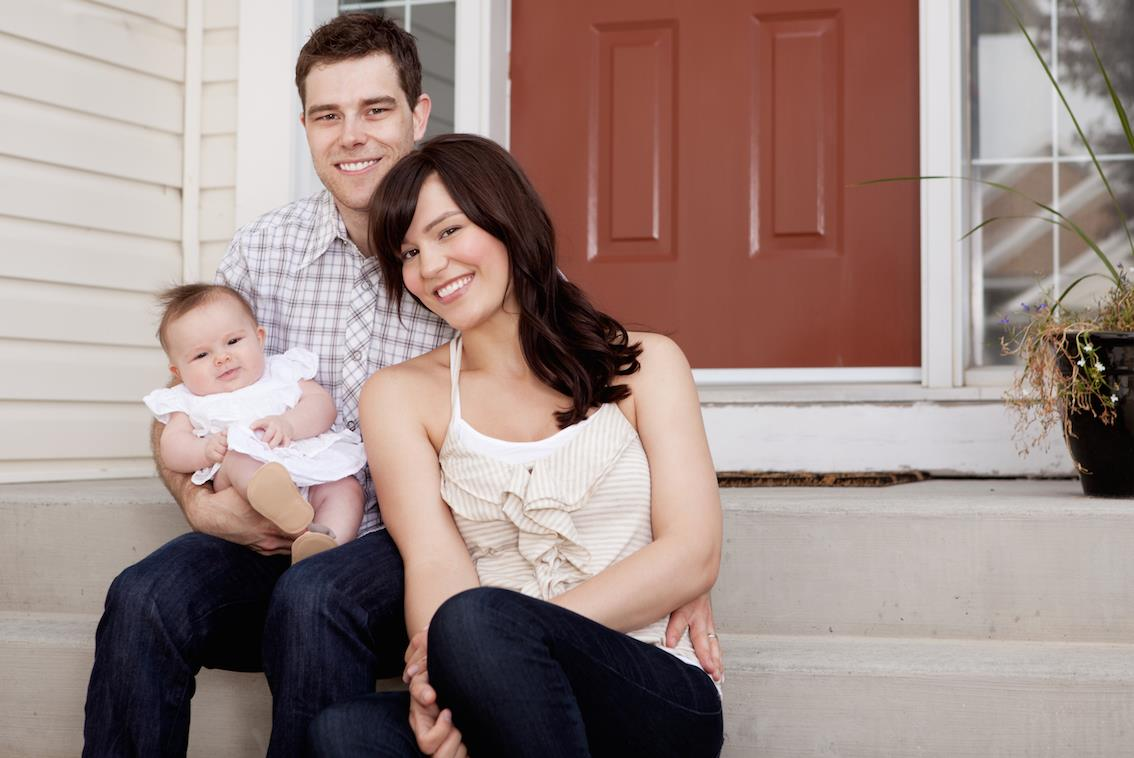Weddings
Weddings on Earth
A man shall leave his father and mother and cleave to his wife, and the two shall become one flesh. So then, they are no longer two but one flesh. (Matt. 19:5-6)
That Before the Celebration of the Wedding, a Conjugial Covenant is to be Entered Into in the Presence of Witnesses.
A conjugial covenant should rightly be entered into before the wedding is celebrated, in order that the statutes and laws of love truly conjugial may be known and may be remembered after the wedding; also that it may be a bond, holding their minds within the bounds of rightful marriage; for after the initial stages of marriage, the state preceding betrothal returns at times, and in this state remembrance vanishes and forgetfulness of the contracted covenant comes in. Indeed, by reason of enticements to things unchaste coming from unchaste persons, it becomes wholly obliterated, and if it is then recalled to mind, there comes a disparagement of it.
To avert these transgressions, society has taken upon itself the protection of this covenant, and has enacted penalties against those who break it. In a word, the pre-nuptial covenant makes known the ordinances of love truly conjugial, establishes them, and binds libertines to obedience to them. Add to this, that by this covenant the right to propagate children, and for the children the right to inherit the goods of their parents, is made legitimate. (CL 307)
That the Marriage is to be Consecrated by a Priest.
The reason is because, viewed in themselves, marriages are spiritual and hence holy; for they descend from the heavenly marriage of good and truth, and things conjugial correspond to the Divine marriage of the Lord and the Church. Hence they are from the Lord Himself, and are according to the state of the Church with the contracting parties. Now because on earth the ecclesiastical order administers those things with the Lord which pertain to the priesthood, that is, which pertain to His Love, and thus also those which pertain to blessing, it is necessary that marriages be consecrated by His ministers. And because at the same time these ministers are also the chief witnesses, it is likewise necessary that the consent to the covenant be heard, accepted, confirmed, and thus established by them. (CL 308)
That the Wedding is to be Celebrated with Festivity.
The reasons are, because the pre-nuptial love which was that of the bridegroom and bride, then descends into their hearts, and by its diffusion from there into every part of their body, the delights of marriage are sensed. From these delights, their minds have festive thoughts and also express themselves in festivities so far as this is proper and becoming. For the promotion of these, it is important that the festivities of their minds be enjoyed in the company of others, and they themselves be thus introduced into the joys of conjugial love. (CL 309)
Questions
- What is a covenant?
- What is a conjugial covenant?
- What do these passages imply about a wedding conducted by a judge?
- What do these passages imply about a wedding done by an officiant who is not part of an “ecclesiastical order,” such as a person credentialed through the internet?
- What sort of variety do you see among weddings that fill the requirements called for in these passages?
- Thinking back to the Week 2 readings on Sunday Worship, how should a wedding ceremony serve the teachings regarding external worship?
- How does CL 309 help us see appropriate ways that wedding receptions can be festive celebrations of a marriage?
- Should a newly married couple take Holy Supper as part of the wedding ceremony?
| previous |  |
next |
|---|


